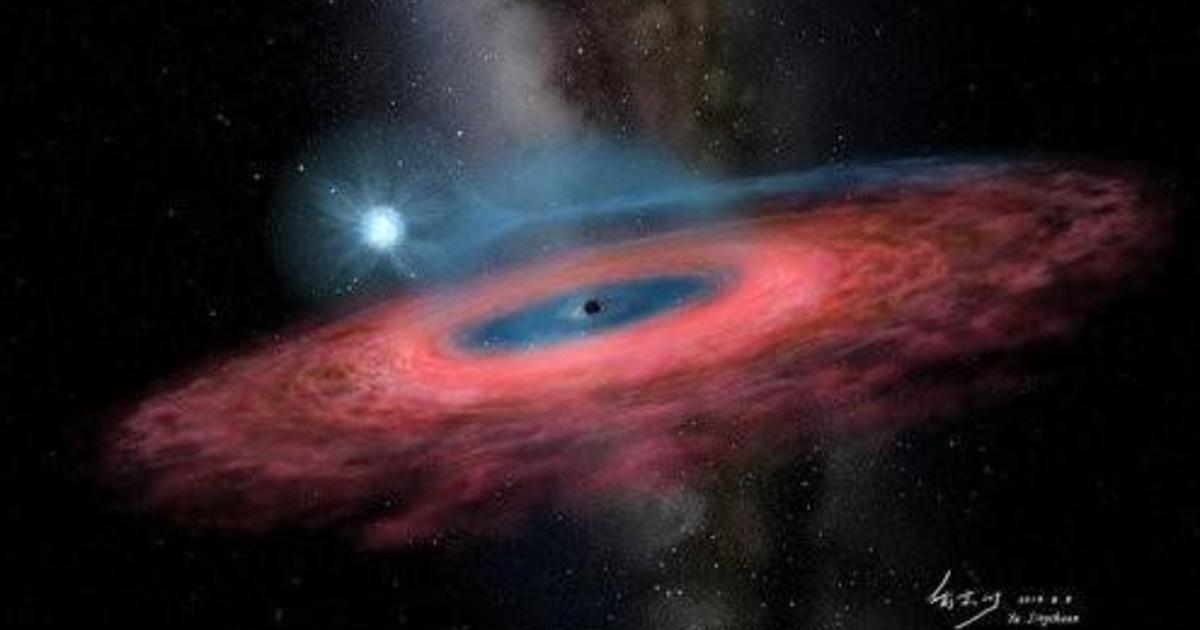I've read other articles on this beast, and the 'unprecedented' part of it is that it is a weird mass.
Black holes can be classified by solar masses, and our current understanding states that it is impossible (when formed from a single stellar death) to be bigger than 25 stellar masses.
The mass of 70 stellar masses, is just a weird number - something we haven't come across before, and doesn't stand up to our current understanding.
So, your answer - you don't have to worry, this black hole is 13,000 light years away; There are much closer ones that that!
Besides, there are black holes dotted all around the cosmos that contribute to the interstellar harmonious dance that our solar system participates in; we are all being sucked into the super-massive one in the center any way, like water down a plug hole: so that's the one you have to watch out for (if you are alive in billions of years)!
A bit of useless trivia for you: With every orbit we make, we edge ever so slightly closer to the center - but it takes a long time to orbit... the dinosaurs were alive only a half rotation ago.

 www.cbsnews.com
www.cbsnews.com

